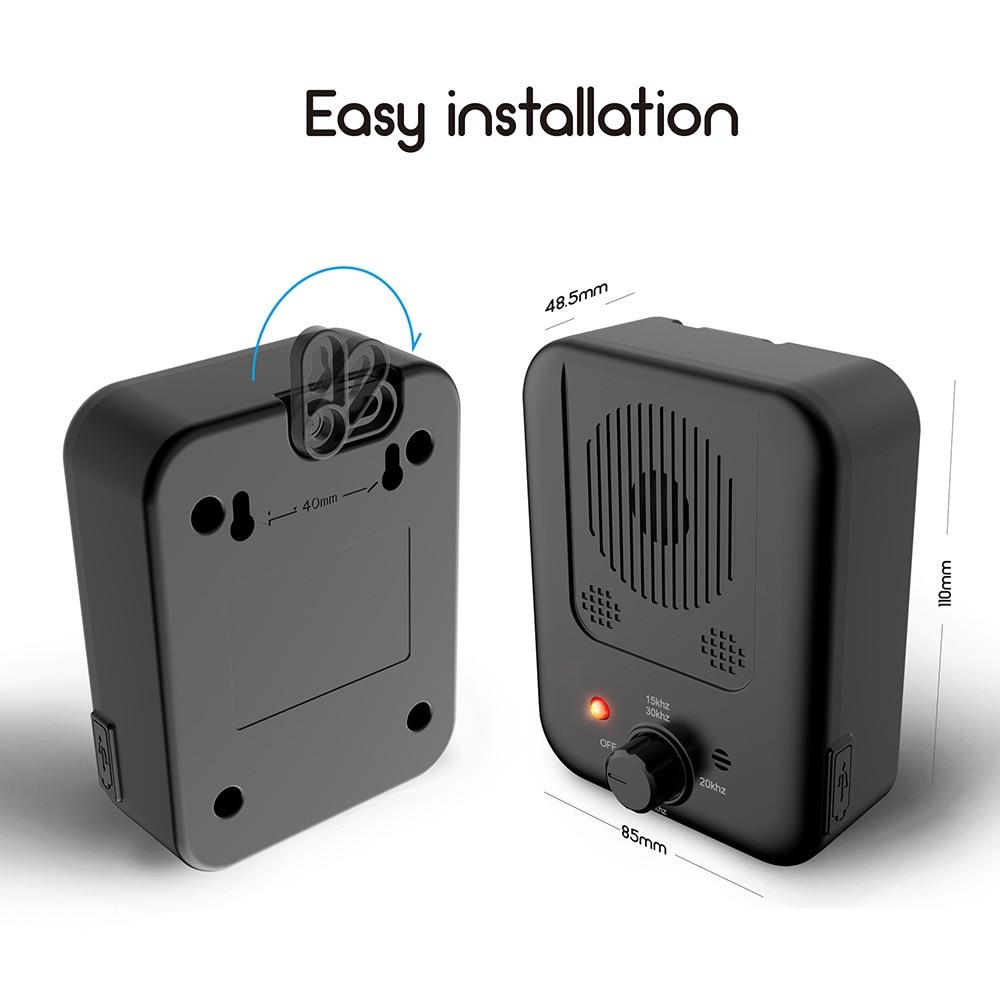Barking is a natural instinct of dogs, but over the limit, barking could present certain issues; in such an instance, it would be prudent to consider using a no-barking device. Such tools can help address this problem more efficiently.
Here, we will look into various aspects of dog barking; why they do so as well as when it might be an appropriate time to invest in an anti-barking tool.
Why Do Dogs Bark Too Much?
It is vital to note that dogs bark non-stop for a myriad of reasons; here are a few reasons why your pup might be barking excessively:
Boredom: If dogs are left alone for extended periods, they may start barking due to sheer boredom. Without sufficient mental as well as physical stimulation, dogs may become restless and noisy at the same time.
Fear or Anxiety:Loud noises, unfamiliar environments, or separation can prompt dogs to bark excessively; often this behavior comes alongside signs of anxiety such as pacing or destructiveness in behavior.
Territorial Behavior: Dogs instinctively want to guard as well as secure their territory. If someone or something unfamiliar enters, they might bark to warn off intruders.
Identifying the base cause of your dog’s barking is imperative in order to select an effective deterrent method and ensure their well-being.
Assessing the Barking Problem
Before diving straight in with solutions, take time to assess your current situation by asking yourself these key questions:
1. How often and in what situations does my dog bark?
2. Are there any particular triggers that make them do so?
3. Is their barking accompanied by any other physical signs of stress or discomfort?
Recording observations about your dog can provide important insight into his/her behavior. Once this picture is clear, you can decide if an anti-barking tool or another method would be more suitable to address their barking.
Traditional Methods to Reduce Barking
Before turning to no-barking devices, try some alternative approaches for controlling your dog’s barking:
Training and Commands: Establishing effective commands with your dog, such as “quiet” or “stop.” These can help them understand when silence should prevail. Regular practice makes all the difference!
Physical Exercise: To alleviate boredom or excess energy, regular exercise is vital. Remember, A tired furry companion is less likely to bark out of boredom!
Mental Stimulation: Engage your pup by playing games like fetching toys or interactive puzzles. This will keep their minds busy as well as stimulated.
Socialization: This can be achieved by exposing your dog to new people and environments; socialization can help ease anxiety-driven barking. It makes your pup more at ease with being around new faces while decreasing his or her chances of responding aggressively in future interactions.
Positive Reinforcement: Reward your dog for quiet behavior with treats or affection – positive reinforcement will encourage him to repeat it!
If these methods don’t seem to help, an anti-barking device might be worth investigating.
When to Consider a No-Barking Device
An anti-barking tool may provide an effective solution when traditional measures fail; here are some of them:
Persistent Barking: If your pup continues to bark non-stop in a weird way despite training as well as other efforts, the best dog barking deterrent might help break their habit and put an end to barking episodes.
Neighbor Complaints: If the barking of your furry companion is creating problems with neighbors, it’s pivotal that a solution be implemented immediately. Deterring barking with an effective tool is one way of creating an amicable atmosphere as well as maintaining harmony for everyone involved.
Safety Concerns: Excessive barking, especially at night, may pose a potential safety threat; in such instances, installing a no-barking device will make sure your dog remains quiet during crucial moments.
Endnotes
Loudly barking can be overwhelming for pet owners. Exploring traditional solutions may often help address this issue, but it sometimes fails. In such a case, taking into account the best dog barking deterrent may become necessary – be sure to choose the one suitable for your pup and use it responsibly!


